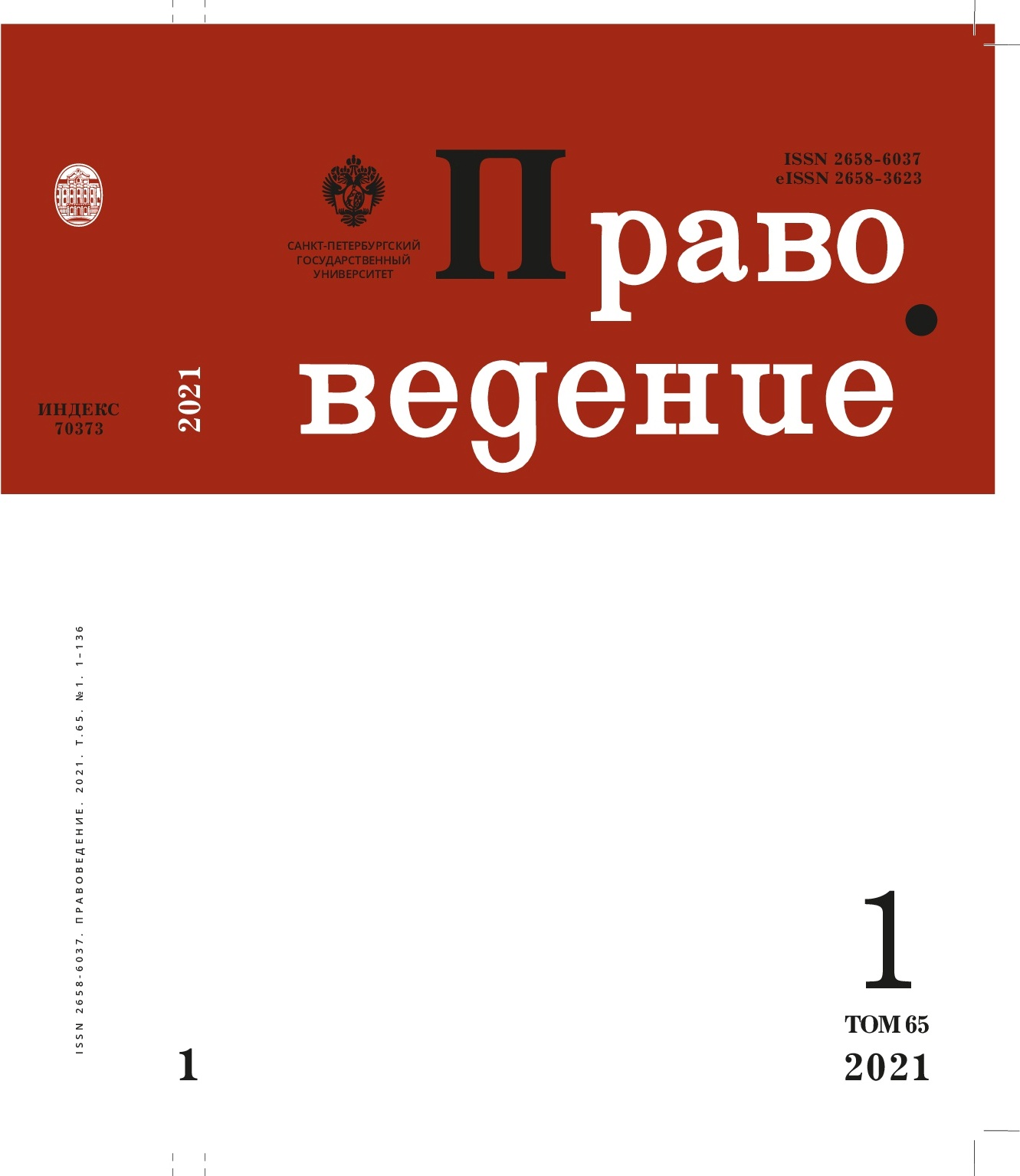The admissibility of disinheritance and testamentary freedom
DOI:
https://doi.org/10.21638/spbu25.2021.107Abstract
The article highlights the principles of inheritance law in the Polish legal system. Specific emphasis is placed on testamentary freedom, appointment to inheritance only on the grounds of two titles and a limited number of statutory heirs. The author analyzes the consequences that the drawing up of a will may have for the persons closest to the testator. The subject of the considerations is both the nature of a legal act which is a will, the requirement of the form of wills and the admissibility of testamentary dispositions. Attention is paid to the admissibility of disinheritance and its effects. The text aims to answer the question whether depriving descendants, spouses and parents of the legitimate portion extends or restricts the testamentary freedom. The adopted legislative structure assumes that everyone who has the testamentary capacity, full legal capacity, may draw up a will. The act does not limit in any manner who can be appointed as the testamentary heir or the extent of such appointment. The testator is free to decide whether and when a will is to be drawn up. It is an expression of the principle of testamentary freedom. Anyone who has full capacity to act lawfully may exercise this freedom to make a will or not. However, if a person exercises this freedom, the scope and form of dispositions made depend solely on this person. Testamentary freedom is expressed in certain ways. Firstly, by making a will, a testator may change the statutory inheritance, appoint whomever they want and are not limited in terms of shares. Secondly, a testator may exclude certain persons from inheritance. The negative will and disinheritance serve this purpose.
Keywords:
inheritance, will, testamentary freedom, legitimate portion, disinheritance
Downloads
References
Downloads
Published
How to Cite
Issue
Section
License
Articles of "Pravovedenie" are open access distributed under the terms of the License Agreement with Saint Petersburg State University, which permits to the authors unrestricted distribution and self-archiving free of charge.




